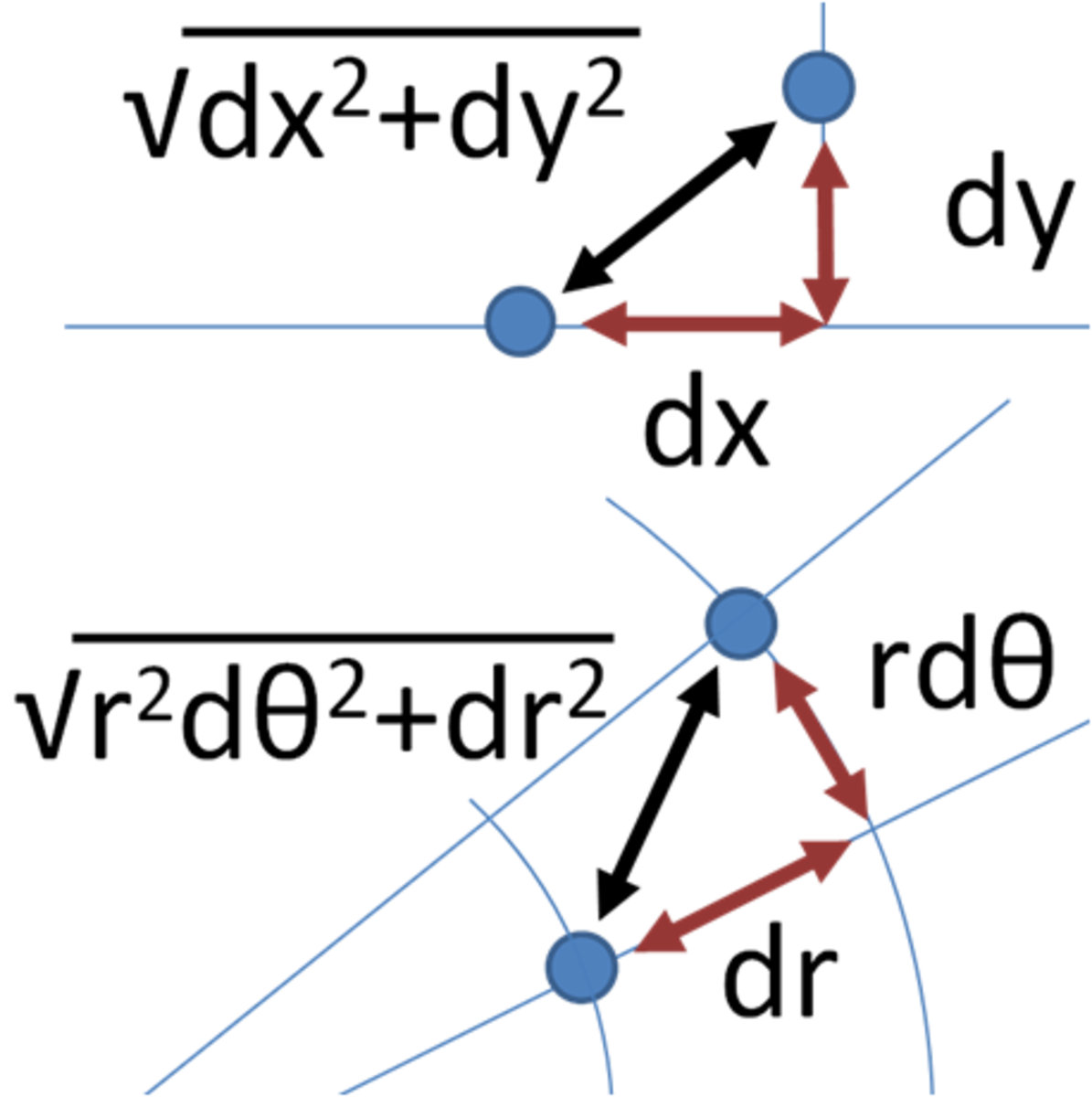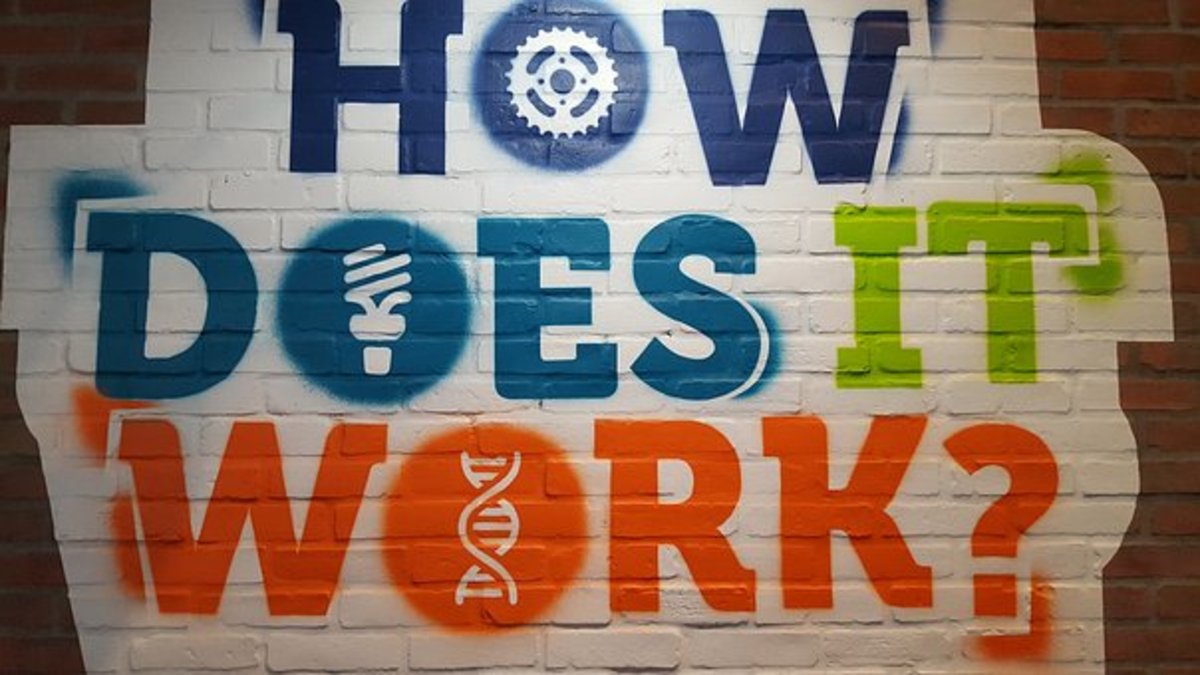The irony of studying
Throughout history, we have been consistently awestruck and flabbergasted by the sheer genius and mastery with which man is able to bring into creation whatever he sets his mind to.
As a tangible manifestation of his imagination, he used whatever resources he had to form formulas, vocabulary, grammar, symbols, and many more creations. Man has established schools where knowledge is taught by experienced and certified teachers, while at the same time, man is adamant in pursuing further investigations and experiments in order to decode everything obscure in life, from the molecular formula of carboxylic acids to magnets and electric charges. In all the disciplines that man has proudly invented, his offspring is being coerced to take up his skills and talent, and to further improve on and hone the crafts for the betterment of the society.
There could be no ulterior motive than for the outclassing of others, and notably, for money and fame. Students believe that if they do not get exemplary grades, they will be at a disadvantage. This is a reflection of how enticing and insidious education is if students do not strike a balance between studying and enjoying life. One of the earliest fears that education would create a negative impact on people came with the advent of the industrial revolution where advanced nations moved into an era of extensive mechanization. People have become more pragmatic and tend to abhor theories. They are afraid if their plans were to go awry, they would suffer from great financial losses, and hence losing their hopes of recuperating. They are afraid of taking risks and are limited in originality.The people are compelled to upgrade their skills and knowledge to work in collaboration with machines as man become more intelligent and ingenious. Probably, this is when advanced mathematics and science came in, and they are the catalysts for change in man's standard of living.
We could claim that education provide the rudimentary knowledge, i.e. logic, reasoning, mental sums, intuitive spelling, that every person should have so that they can understand more about life and society. However, in some cases, people go overboard by introducing subjects like pure science and mathematics into the curriculum at an early age. These are integrated subjects that not everyone has to study, but some students are chosen to study them, even if they do not like it. It is known that without an interest in a subject, the student is unlikely to get a good grade for it. When students are under duress, they have no choice but to understand the intricate concepts and definitions, and to make room for more information to fill into their minds. There are yet skills that these young students have mastered such as stress management and basic courtesy, and these skills are all being rebuffed because people believe that certificates are the driving force of life Until now, people are confounded over whether the jack-of-all-trades can be more efficient and smarter than the specialised, who are seen as much more easy-going.
We might most want to question the impact that over-education is having on students as they grow up in a world that trumps technology over contentment. It is certainly arguable that education would not diminish the skills of students. However, since young, students develop skills in arithmetic, spelling and communication in a world dominated by technology. If we question the purpose of why students have to take up further studies, we may simply say that we have to augment the skills that have already been innately mastered. Some students, already inundated by intermediate subjects today, could not proceed to further studies. They might be unfairly stigmatised, and this disparity in talent could damage the society ultimately when people have come to a point where they can no longer tolerate this kind of prejudice.
When education becomes too difficult, it would be a perilous, slippery slope that compromises more than just stress.








